8 Simple Ways To Lower The Risk Of Cancer
Advertisement
Cancer is one of the most frightening diseases in the world. It has become so common that most people are familiar with treatments and their side effects. But how many of us know how to prevent cancer?
Despite cancer is a multifactorial disease associated with many risk factors such as heredity, family history, environment, etc., your daily behaviors are the culprit of pushing you closer to the disease. Wouldn't it be better if we could avoid cancer?
According to the World Health Organization (WHO), nearly 50% of cancers are preventable based on the scientific knowledge now available. And 80% of these preventable cancers are related to lifestyle. Taking some precautions and making simple lifestyle changes will greatly reduce the risk of cancer. Here are some changes that can save you from this life-threatening disease.
1.Stay Away From Tobacco

Smoking can put you at greater risks of cancer. Studies show that 22% of cancer deaths were caused directly by the use of tobacco, and is closely linked to a variety of cancers - including lung, mouth, larynx, pancreas, bladder, cervix and kidney cancers. Chewing tobacco has shown links to oral and pancreatic cancer. In addition, passive smoking also increases the risk of cancer. Second-hand smoke, same as first-hand smoke, harms human cells and activates the carcinogenic mechanism.
Avoiding tobacco is one of the most important health decisions you can make. This is also an important part of cancer prevention. If you need help quitting smoking, talk to your doctor about smoking cessation products and other smoking cessation strategies.
2.Control Your Weight
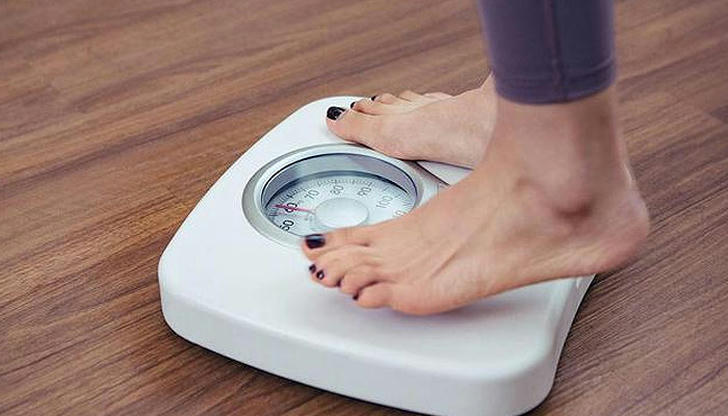
Maintaining a healthy weight may reduce the risk of various cancers, including breast, prostate, lung, colon, and kidney cancer.
Physical activity is also important. In addition to helping you manage your weight, physical activity itself can reduce the risk of breast and colon cancer.
People who participate in any kind of physical activity can reap some health benefits. But for substantial health benefits, aim for at least 150 minutes of moderate aerobic activity per week, or 75 minutes of vigorous aerobic activity per week. You can also do a combination of moderate and vigorous activities. As a general goal, get at least 30 minutes of physical activity in your daily routine—if you can do more, even better.
3.Safeguard Yourself From The Sun
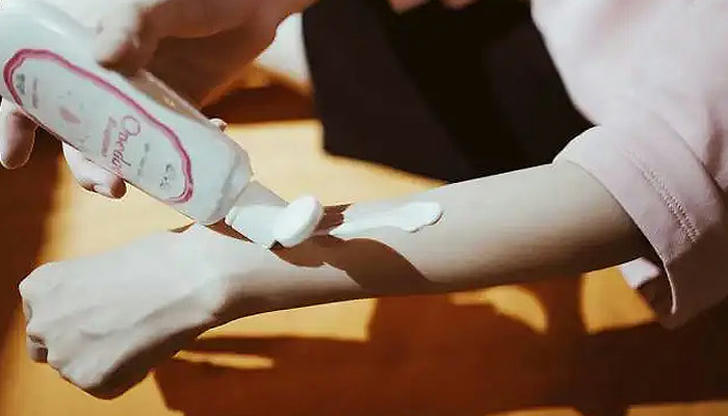
Skin cancer is one of the most common cancers and one of the easiest to prevent. Try these tips:
•Avoid midday sun. Stay out of the sun between 10am and 4pm when the sun's rays are strongest.
•Stay in the shade. When you're outdoors, stay in the shade as much as possible. Sunglasses and a wide-brimmed hat also help.
•Cover exposed areas. Wear tightly woven, loose-fitting clothing that covers your skin as much as possible. Choose bright or dark colors that reflect more UV radiation than muted or bleached cotton.
•Don't be stingy with sunscreen. Use plenty of sunscreen when outdoors and reapply frequently.
•Avoid tanning beds and sunlamps. These are just as harmful as natural sunlight.
4.Stay Clear Of Infections

Preventing cancer includes preventing certain viral infections. Talk to your doctor about immunizations:
Hepatitis B. Hepatitis B increases the risk of liver cancer. Hepatitis B vaccine is recommended for certain high-risk groups, such as adults who are sexually active but have many sexual partners, people with sexually transmitted diseases, intravenous drug users, gay men, health care or public safety who may become infected through exposure to blood or body fluids staff member. Human papillomavirus (HPV). HPV is a sexually transmitted virus that can cause cervical and other genital cancers, as well as squamous cell carcinoma of the head and neck.
5.Stop Gorging On Junk Food
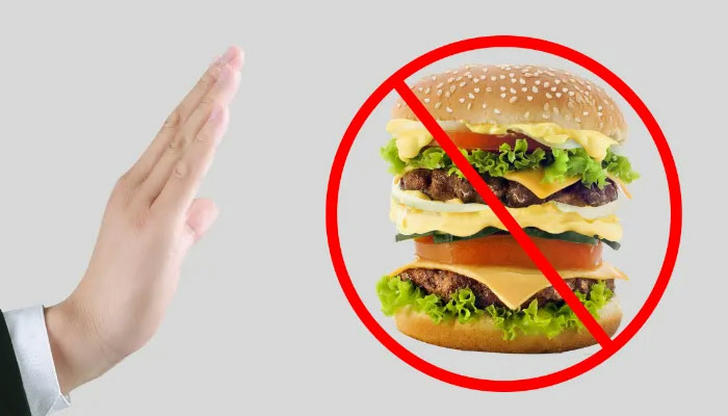
According to an early study, 5% of cancer cases are caused by unhealthy diet habit. Junk food can cause many health problems, with colon cancer at the top of the list. Processed meats, sugar-sweetened beverages, and a diet high in alcohol can damage the gut and lead to colorectal cancer.
Any food that is high in calories and low in micronutrients can put you at risk. Some restricted foods are burgers, fried chicken, french fries, chips, coke, pizza, pastries, cookies and pasta. Try homemade versions of these foods with wholesome ingredients。
6.Start Exercising

People who lack of physical activity can have higher cancer risks. Studies have found that anyone who exercise regularly can have a decrease in cancer risks by more than 15%, compared with those who sit for more than three hours a day. Lack of exercise can negatively affect the endocrine and immune systems. It can lead to overnutrition and obesity. Get at least 30 minutes of moderate-intensity physical activity every day. Find exercise that you like, such as brisk, running, swimming, boxing, cycling, etc., and make it your daily habit.
7.Eat Less Salt
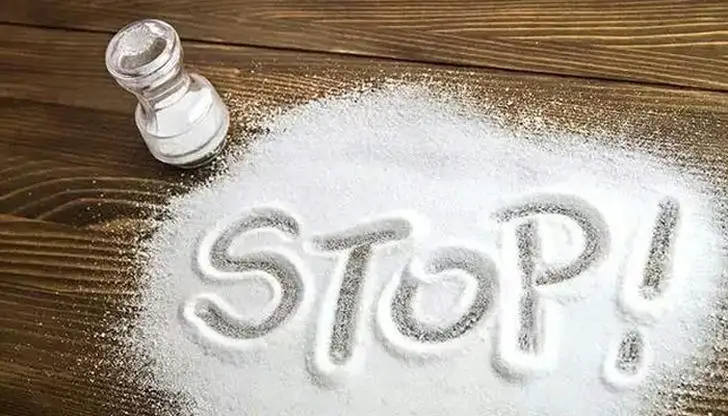
Excessive intake of salt has been linked to an increased risks of stomach cancer. In most circumstances we get all our sodium requirements from foods naturally, so there’s no need add salt additionally.
It is recommended that an adult intake less than 5-6 grams of salt per day, which is approximately 1 teaspoon of salt. Though not taste salty, foods such as pickles, dried fish, cured meats, sauces, condiments, dressings, dressings, soups, pizza, and breakfast cereals are high in sodium. Try to avoid them from your diet. If your frozen shrimp, cottage cheese, canned vegetables, or dried fish are high in salt, rinse and drain them to remove some of the salt. When shopping, check the label to see how much salt they contain.
8.Load Up On Antioxidants
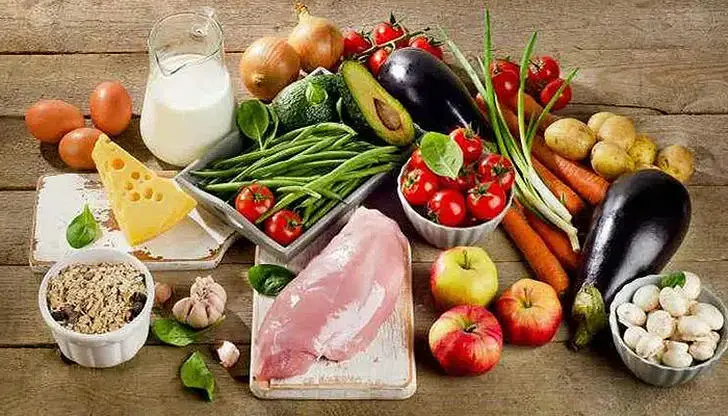
Antioxidants help reduce the risk of cancer because they enhance cellular health. They protect cells from damage caused by free radicals, which are closely related to cancer. Checking them out from an early age will reduce the risk of cancer.
When it comes to antioxidants, berries come out on top. Black raspberries were found to reduce the risk of esophageal tumors by 54%, while blueberries slowed the growth of cancer cells by 7% in just 7 days. Blueberries are rich in anthocyanins, which can prevent free radical damage to DNA. They may also stimulate the self-destruction of some cancer cells.



